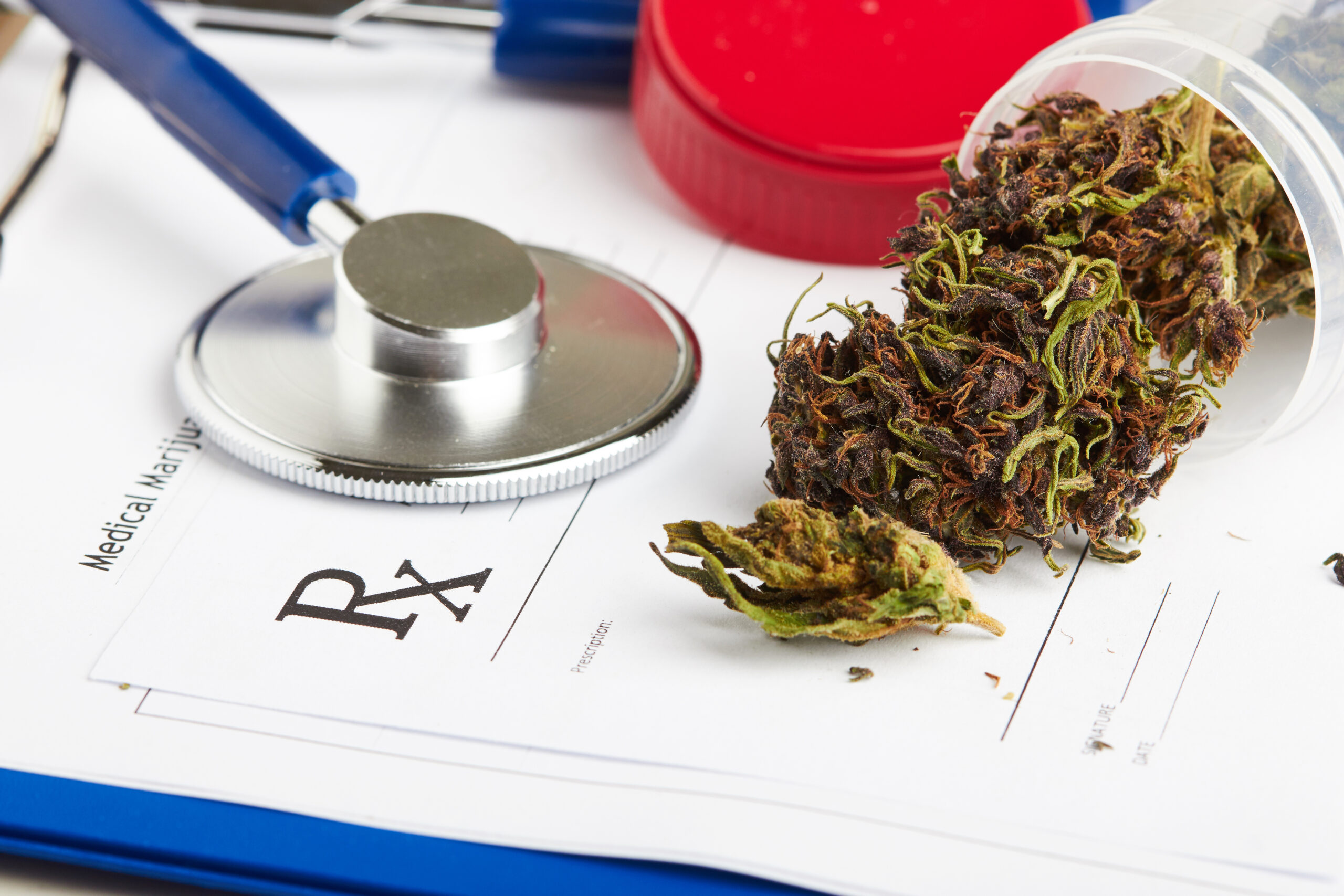Question
« Une loi interdisant la vente et la consommation de cannabinoïdes de synthèse est entrée en vigueur hier en France. Des médecins ont soutenu que la substance hexahydrocannabinol (HHC), qui est structurellement similaire au cannabinoïde naturel THC, doit être interdite en raison de ses effets psychoactifs. Selon mes informations, il est actuellement encore possible d’acheter et de consommer des produits contenant du HHC au Luxembourg.
Dans ce contexte, j’aimerais poser les questions suivantes à Madame la Ministre de la Santé :
- Quelle est l’évaluation de votre ministère quant aux effets psychoactifs du HHC et à leur impact sur la santé publique ?
- Madame la Ministre, avez-vous l’intention de suivre l’exemple français et d’interdire la vente du cannabinoïde de synthèse HHC?
- Quelles initiatives le ministère de la santé envisage-t-il pour sensibiliser le public aux risques potentiels pour la santé liés à la consommation de produits contenant du HHC au Luxembourg, et comment les professionnels de la santé seront-ils soutenus ?
- Comment le ministère de la santé prévoit-il de surveiller l’évolution de la situation liée aux cannabinoïdes de synthèse au Luxembourg et d’évaluer l’efficacité des mesures prises pour protéger la santé publique ?
- Quel est l’état actuel de la recherche scientifique sur le HHC et les cannabinoïdes de synthèse, et comment ces données seront-elles prises en compte dans l’élaboration des politiques de réglementation ? »






